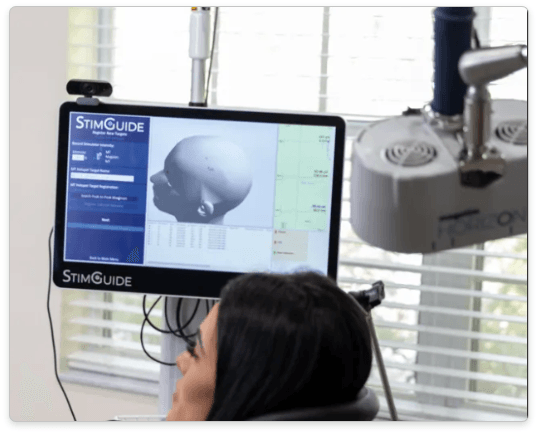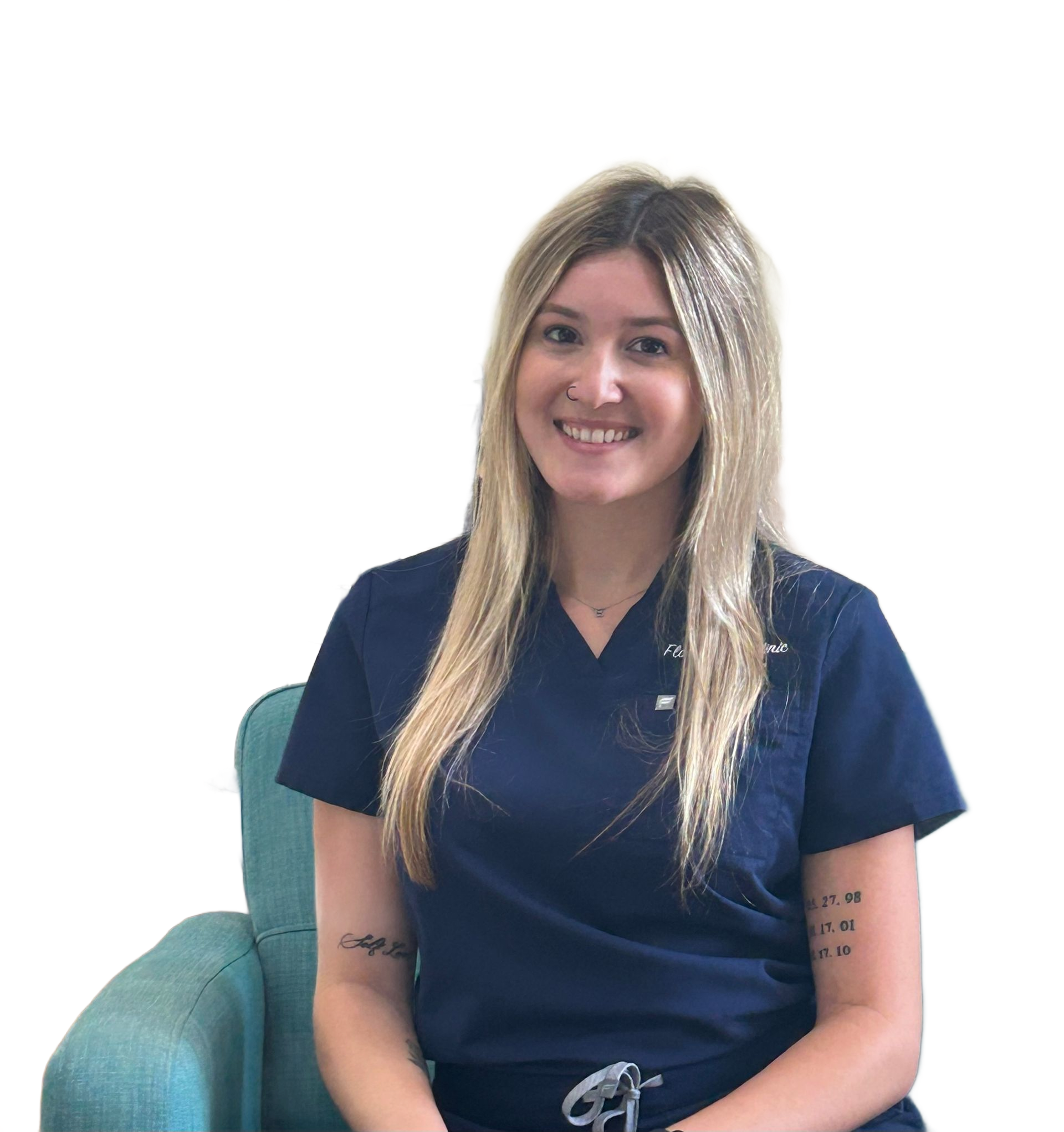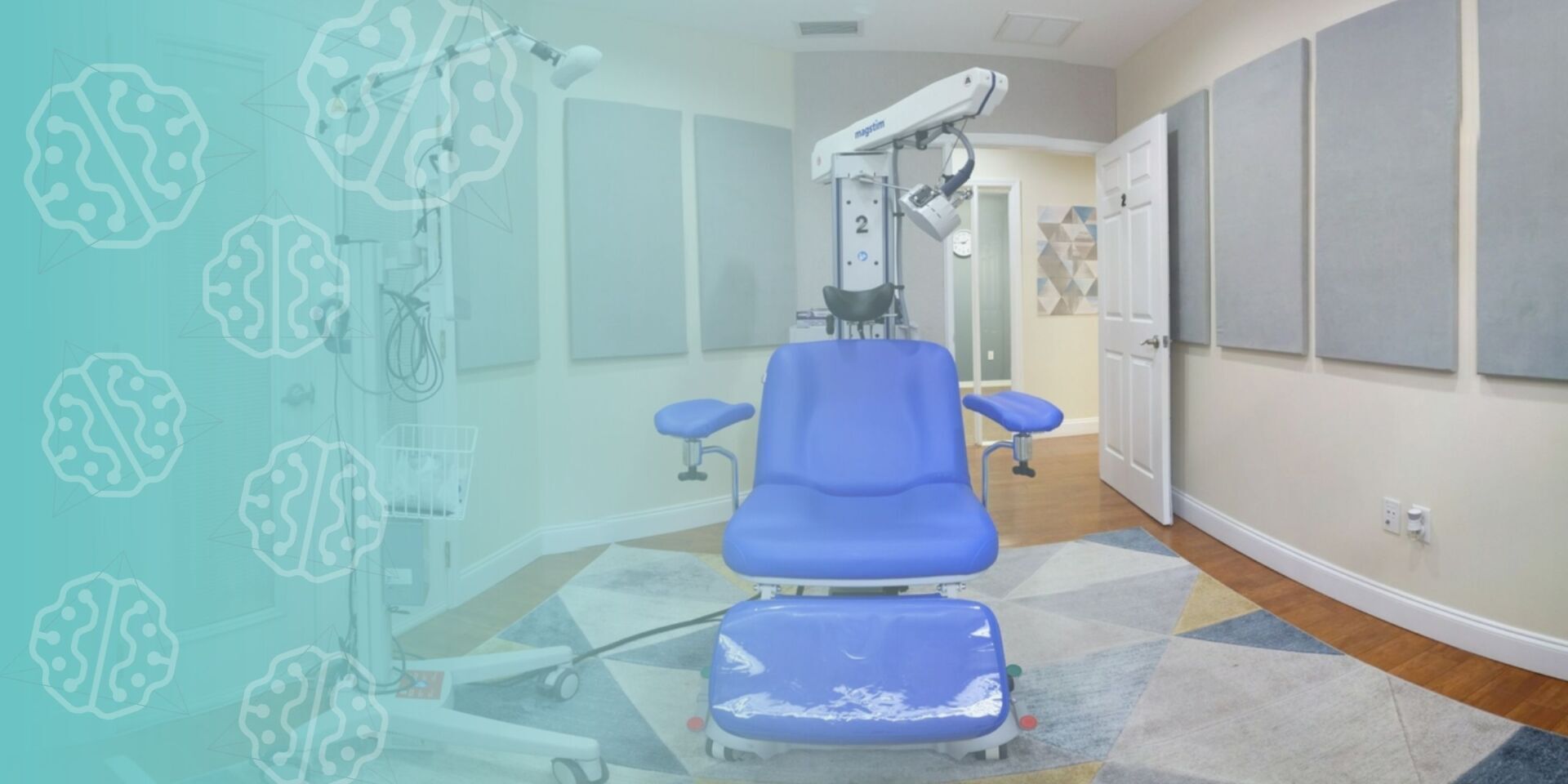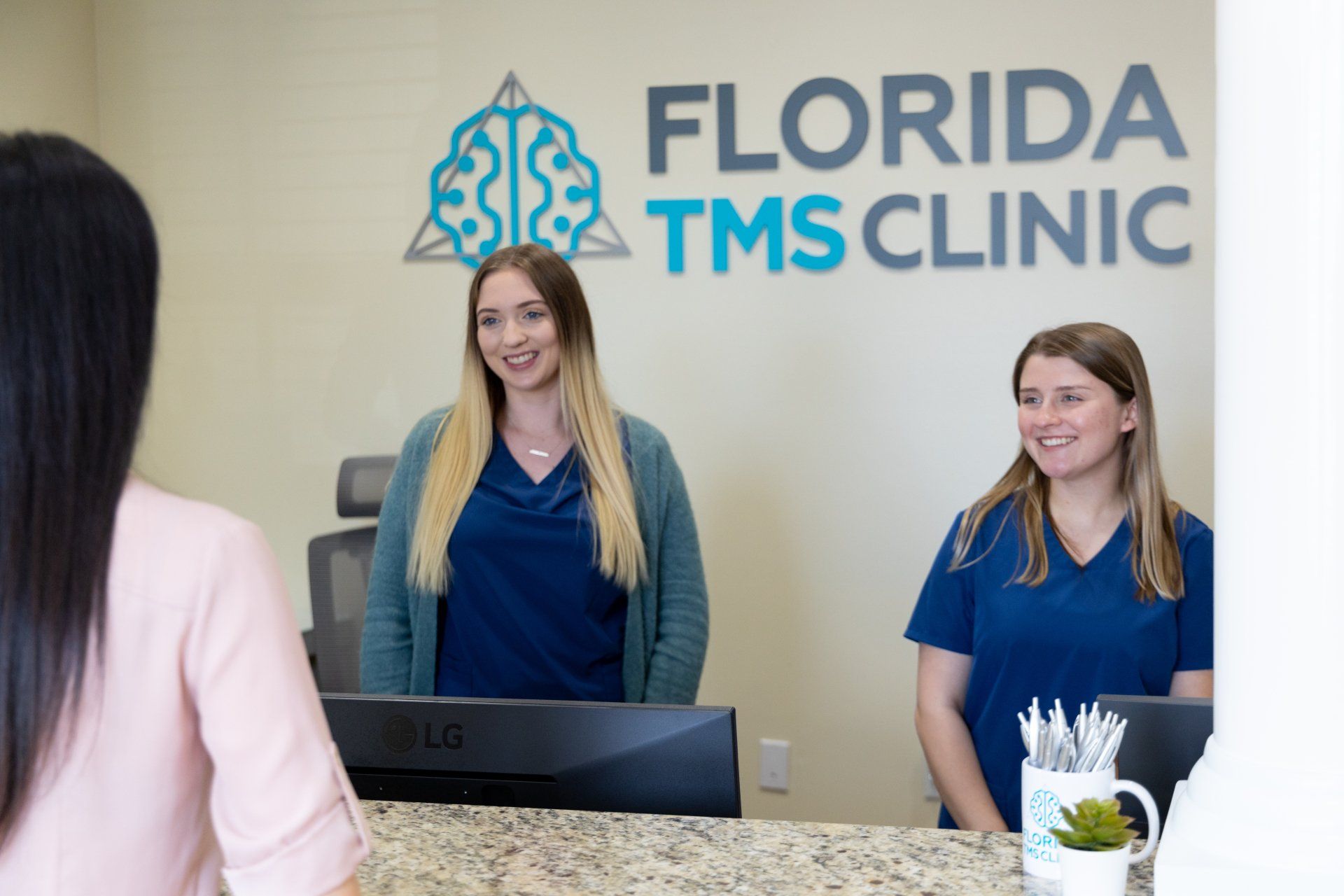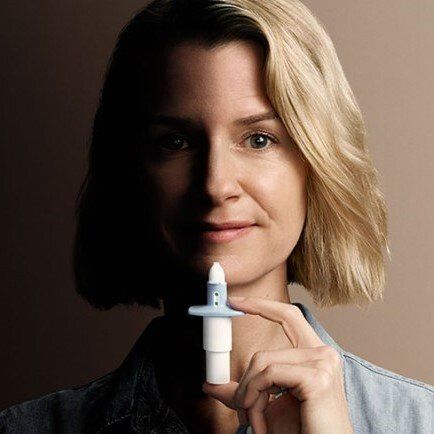Maintenance TMS
How Long Does TMS Last? Does Maintenance TMS Help?
It has been about 15 years since the FDA cleared Transcranial Magnetic Stimulation therapy (TMS) for treating depression, and the success rate has been very good. A frequently asked question that we often hear is, “is TMS therapy a permanent solution, and how long can patients expect the results to last?” Continue reading to find out. In this article, we will answer the following questions.
- Is TMS Permanent?
- Does Depression Come Back After TMS?
- How Long Do TMS Benefits Last?
- What To Do When Depression Relapses After TMS Therapy?
- What Is Taper-Off TMS Therapy?
- Does Taper TMS Help Prevent Or Delay Relapse?
- What Is Maintenance TMS Therapy?
- Does Maintenance TMS Therapy Prevent Relapse?
- Is Maintenance TMS Therapy Covered By Insurance?
The benefits of TMS therapy can last for a long time. Durability is the terminology we use for how long a certain treatment effect lasts. A couple of durability papers showed that two-thirds of patients kept the effect of TMS therapy for 6-12 months after the treatment. We don’t have good published data on the long-term durability of TMS beyond 12 months. But from anecdotal observation of our patients, those who make it beyond a year without recurrence of depression symptoms remain well for years and may never need TMS retreatment. Those who relapse early may need retreatment and a plan of maintenance and prevention of relapse. Please note that each case is unique, and our general answers might not apply to you and your specific circumstance. With that disclosure being said, let's be specific with the answer now.
Is TMS Permanent?
For many, it is not permanent. If we track patients over a long period of time, about one third will have depressive symptoms again.
Does Depression Come Back After TMS?
Yes. Depression can come back again after TMS therapy.
How Long Do TMS Benefits Last?
About two-thirds of patients will continue to enjoy the benefits of TMS therapy 6 to 12 months after the end of TMS therapy.
What To Do When Depression Relapses After TMS Therapy?
At Florida TMS Clinic, if depression relapses soon after TMS therapy is over (less than 2 months), then we move on to another treatment option (Esktamine, ECT). If depression relapse later after TMS therapy (more than 2 months), then we recommend retreatment with a full course of TMS therapy again.
What Is Taper-Off TMS Therapy?
Taper-off TMS therapy is a sequence of 6 TMS therapy sessions tapered down in frequency over 3 weeks. Typically, 3 TMS sessions in the first week, then 2 in the second week, and then 1 in the last of the three weeks. Typically, it is performed after a successful course of daily TMS therapy for 30 sessions.
Does Taper TMS Help Prevent Or Delay Relapse?
Yes. Taper-off TMS can help push out relapse of depressive symptoms after a successful course of TMS therapy. Taper-off TMS is recommended only if the patient had positive results with the 30 sessions daily TMS course. There is no point in tapering off TMS if one didn’t respond to the acute course of TMS.
What Is Maintenance TMS Therapy?
Maintenance TMS is when we continue to do TMS on a regular basis beyond the acute phase and taper-off. Typically, maintenance TMS is done once a week TMS for a few months up to a year. Other names used to describe maintenance TMS are; preservation TMS, preventive TMS, and continuation TMS.
Does Maintenance TMS Therapy Prevent Relapse?
Maintenance TMS may prevent relapse of depressive symptoms after TMS. Or it may delay the onset of such a relapse. That being said, the clinical evidence is not conclusive.
Is Maintenance TMS Therapy Covered By Insurance?
No. Insurance doesn’t cover maintenance TMS.
FLORIDA TMS CLINIC Maintenance TMS Therapy Guidelines
- Based on the fact that taper-off TMS may delay the onset of relapse. We always recommend taper-off TMS to patients showing response or remission in depression symptoms.
- Based on the fact that TMS responders have a good chance of keeping the response after the first course of TMS, we don’t routinely recommend maintenance TMS after the first course of TMS therapy.
- Based on the high likelihood of response again with TMS retreatment. We recommend TMS retreatment for patients whose depressive symptoms relapse 2 months or later after the end of the acute TMS therapy course.
- We recommend maintenance-TMS therapy on weekly bases for 6 months after the second course of TMS therapy to delay further relapses.
- As of now, and because of the lack of insurance coverage for maintenance TMS, FLORIDA TMS CLINIC offers maintenance TMS therapy free of charge to our patients who meet the above criteria.
References
Wilson S, Croarkin PE, Aaronson ST, Carpenter LL, Cochran M, Stultz DJ, Kozel FA. Systematic review of preservation TMS that includes continuation, maintenance, relapse-prevention, and rescue TMS. J Affect Disord. 2022.
Connolly KR, Helmer A, Cristancho MA, Cristancho P, O’Reardon JP. Effectiveness of transcranial magnetic stimulation in clinical practice post-FDA approval in the united states: results observed with the first 100 consecutive cases of depression at an Academic Medical Center. J Clin Psychiatry.
Richieri R, Guedj E, Michel P, et al. Maintenance transcranial magnetic stimulation reduces depression relapse: A propensity-adjusted analysis. J Affect Disord.
SENOVA S, COTOVIO G, PASCUAL-LEONE A, OLIVEIRA MAIA AJ. Durability of antidepressant response to repetitive transcranial magnetic stimulation: systematic review and meta-analysis. Brain Stimul. 2018.
Sackeim HA. Acute Continuation and Maintenance Treatment of Major Depressive Episodes with Transcranial Magnetic Stimulation. Brain Stimul. 2016.
Abraham G, O’Brien S. Repetitive transcranial magnetic stimulation is useful for maintenance treatment [3]. Can J Psychiatry. 2002.
O’Reardon JP, Blumner KH, Peshek AD, Pradilla RR, Pimiento PC. Long-term maintenance therapy for major depressive disorder with rTMS. J Clin Psychiatry. 2005.
Langguth B, Landgrebe M, Zowe M, Gerst M, Hajak G, Eichhammer P. Repetitive transcranial magnetic stimulation for maintenance treatment of depression: A case report. J Clin Psychiatry. 2006.
Demirtas-Tatlidede A, Mechanic-Hamilton D, Press DZ, et al. An open-label, prospective study of repetitive traescraeial magnetic stimulation (rTMS) in the long-term treatment of refractory depression: reproducibility and duration of the antidepressant effect in medication-free patients. J Clin Psychiatry. 2008.
Januel D, Benadhira R, Braha S, Gastal D, Zodi I. A Six-month TMS treatments in elderly resistant depressed patients. Ann Médico-Psuchologiques. 2010.
Janicak PG, Nahas Z, Lisanby SH, et al. Durability of clinical benefit with transcranial magnetic stimulation (TMS) in the treatment of pharmacoresistant major depression: Assessment of relapse during a 6-month, multisite, open-label study. Brain Stimul. 2010.
Mantovani A, Pavlicova M, Avery D, et al. Long-term efficacy of repeated daily prefrontal transcranial magnetic stimulation (TMS) in treatmnt-resistant depression. Depress Anxiety. 2012.
Harel EV, Rabany L, Deutsch L, Bloch Y, Zangen A, Levkovitz Y. H-coil repetitive transcranial magnetic stimulation for treatment resistant major depressive disorder: An 18-week continuation safety and feasibility study. World J Biol Psychiatry. 2014.
Bersani FS, Girardi N, Sanna L, et al. Deep Transcranial Magnetic Stimulation for treatment-resistant bipolar depression: A case report of acute and maintenance efficacy. Neurocase. 2013.
Fitzgerald PB, Grace N, Hoy KE, Bailey M, Daskalakis ZJ. An open label trial of clustered maintenance rTMS for patients with refractory depression. Brain Stimul. 2013.
Ozten E, Sayar G, Karamustafalıoğlu K. Acute and maintenance transcranial magnetic stimulation in a pregnant woman with major depression: a case report. OA Case Reports. 2013.
R. R, E. G, P. M, A. L, P. A, C. L. Maintenance transcranial magnetic stimulation reduces depression relapse: A propensity-adjusted analysis. J Affect Disord. 2013.
Noda Y, Daskalakis ZJ, Ramos C, Blumberger DM. Repetitive transcranial magnetic stimulation to maintain treatment response to electroconvulsive therapy in depression: A case series. Front Psychiatry. 2013.
Dunner DL, Aaronson ST, Sackeim HA, et al. A multisite, naturalistic, observational study of transcranial magnetic stimulation for patients with pharmacoresistant major depressive disorder: Durability of benefit over a 1-year follow-up period. J Clin Psychiatry. 2014.
Burton C, Gill S, Clarke P, Galletly C. Maintaining remission of depression with repetitive transcranial magnetic stimulation during pregnancy: A case report. Arch Womens Ment Health. 2014.
Brock DG, Philip NS, Dunner DL, et al. A Randomized Pilot Study of Maintenance NeuroStar Transcranial Magnetic Stimulation (TMS) in Patients with Major Depression. Brain Stimul. 2015.
Nierengarten MB, Benadhira R. TMS Shows Promise in Preventing Relapse in Patients with Resistant Depression. MD Conf Express. 2015.
Rapinesi C, Bersani FS, Kotzalidis GD, et al. Maintenance deep transcranial magnetic stimulation sessions are associated with reduced depressive relapses in patients with unipolar or bipolar depression. Front Neurol. 2015.
H.-N. W, X.-X. W, R.-G. Z, et al. Clustered repetitive transcranial magnetic stimulation for the prevention of depressive relapse/recurrence: A randomized controlled trial. Transl Psychiatry. 2017.
Benadhira R, Thomas F, Bouaziz N, et al. A randomized, sham-controlled study of maintenance rTMS for treatment-resistant depression (TRD). Psychiatry Res. 2017.
Rybak M, Kelly E, Erger S, Pridmore S. A system of TMS maintenance for depressed mood. Brain Stimul. 2017.
Rachid F. Maintenance repetitive transcranial magnetic stimulation (rTMS) for relapse prevention in with depression: A review. Psychiatry Res. 2018
Haesebaert F, Moirand R, Schott-Pethelaz AM, Brunelin J, Poulet E. Usefulness of repetitive transcranial magnetic stimulation as a maintenance treatment in patients with major depression. World J Biol Psychiatry. 2018.
Pridmore S, May T. Relapse prevention (RP) TMS. Brain Stimul. 2018.
Pridmore S, Erger S, Rybak M, Kelly E, May T. Early relapse (ER) transcranial magnetic stimulation (TMS) in treatment resistant major depression. Brain Stimul. 2018.
Malik, S., Malik, A., Mercille D. 79 Failure to Do Maintenance Therapy After Completion of Transcranial Magnetic Stimulation Treatment Is a Causwe of Relapse of Depression in MDD patient. Cambridge Univ Press. 2019.
Fukuda, Tirrell, Gobin C. Repetitive Transcranial Magnetic Stimulation for depression relapse or recurrence: Naturalistic retreatment series outcomes. Brain Stimul. 2019.
Li X, Nahas Z, Anderson B, Kozel FA, George MS. Can left prefrontal rTMS be used as a maintenance treatment for bipolar depression? Depress Anxiety. 2004.
Thirthalli J, Bharadwaj B, Kulkarni S, Kharawala S, Andrade C, Gangadhar BN. Successful use of maintenance rTMS for 8 months in a patient with antipsychotic-refractory auditory hallucinations. Schizophr Res. 2008.
POULET E, BRUNELIN J, KALLEL L, D’AMATO T, SAOUD M. Maintenance Treatment With Transcranial Magnetic Stimulation in a Patient With Late-Onset Schizophrenia. Am J Psychiatry. 2008.
Kar SK, Dwivedi S, Agarwal V. Relevance of extended protocol and maintenance TMS in obsessive-compulsive disorder: A case report. Asian J Psychiatr. 2019.
Mhalla A, Baudic S, de Andrade DC, et al. Long-term maintenance of the analgesic effects of transcranial magnetic stimulation in fibromyalgia. Pain. 2011.
Langguth B, Landgrebe M, Hajak G, et al. Maintenance repetitive transcranial magnetic stimulation can inhibit the return of tinnitus. Laryngoscope. 2008.
Mennemeier M, Munn T, Allensworth M, et al. Laterality, frequency and replication of rTMS treatment for chronic tinnitus: pilot studies and a review of maintenance treatment. Hear Res. 2013.
